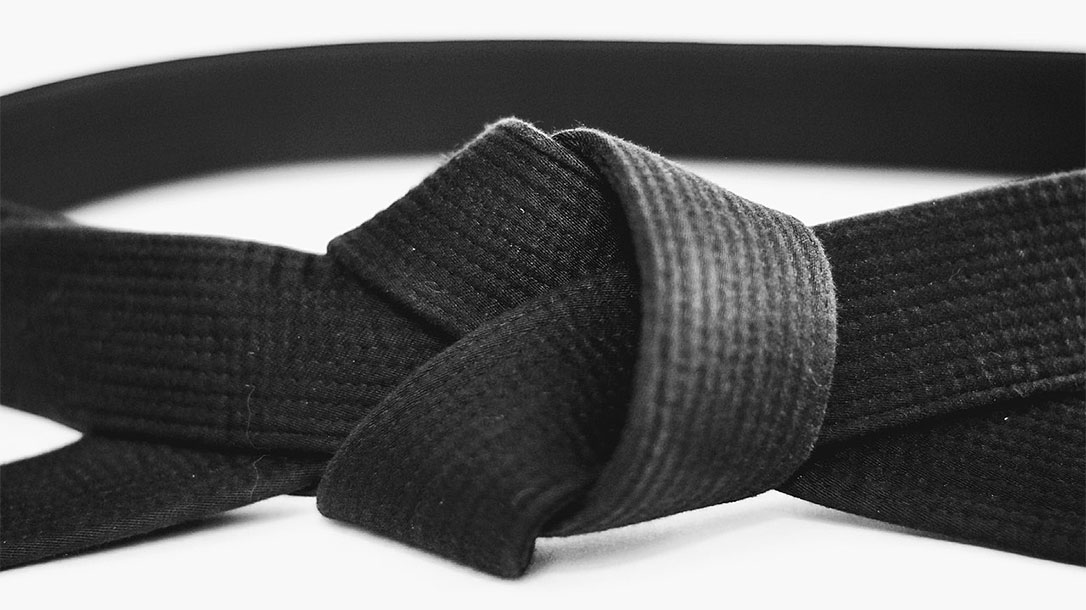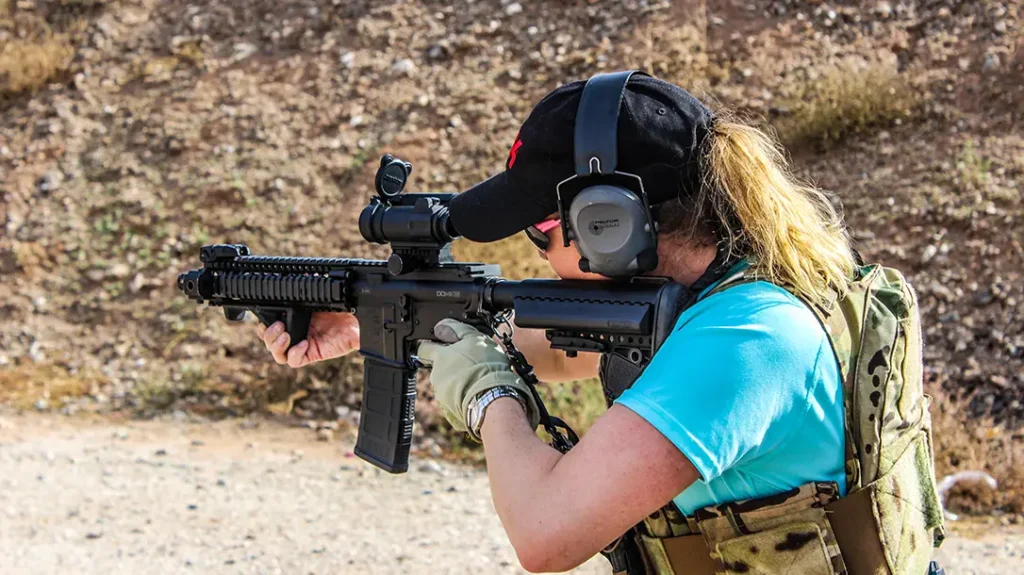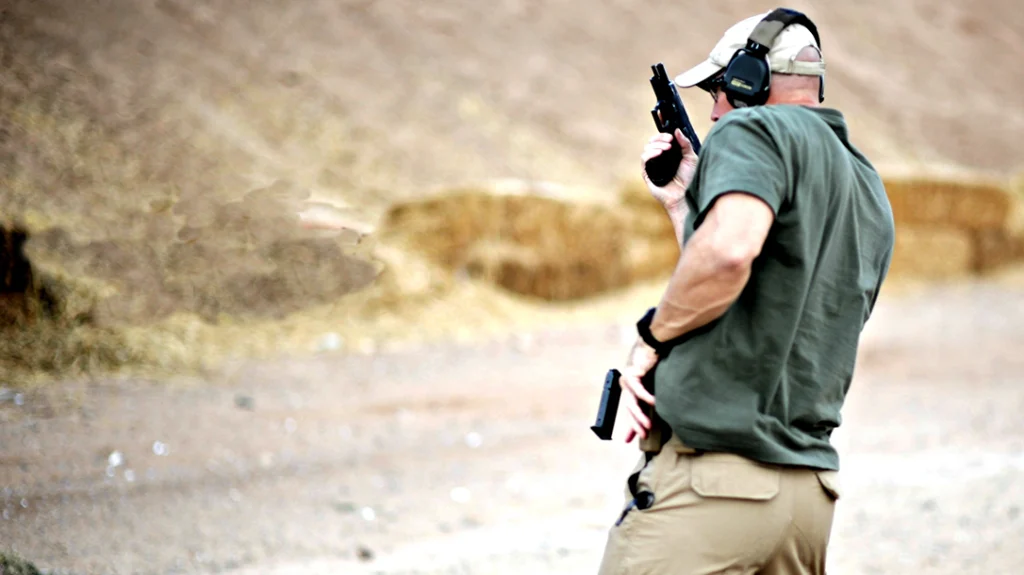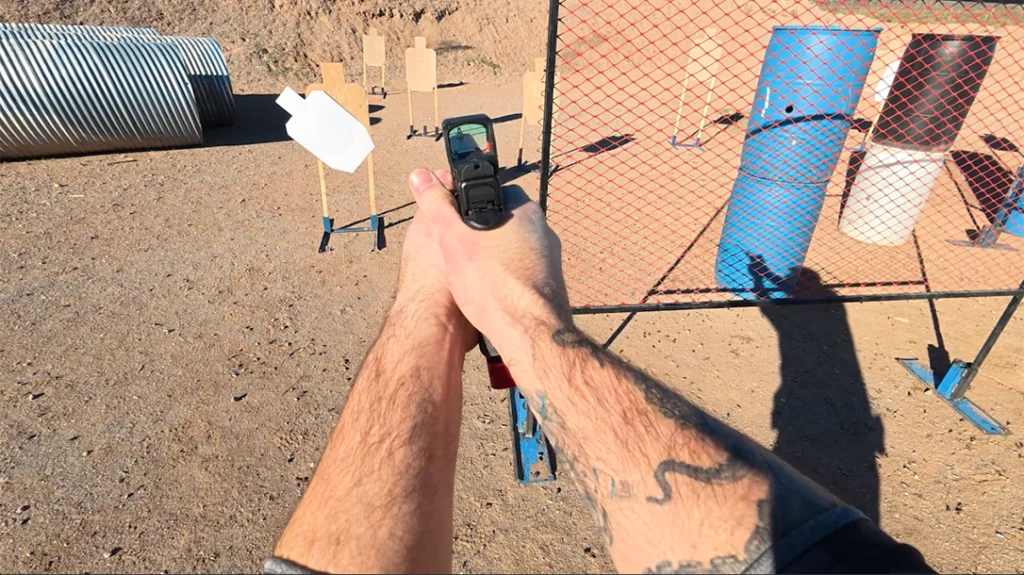So, you’re feeling it might be a smart idea to add some martial arts training to your repertoire? Whether it’s for fitness, fun or serious self-defense, that’s never a bad idea. But there are a few things to keep in mind before you sign up at your local dojo. At the top of that list is making sure your instructor isn’t a martial arts fraud…
Liar, Liar, Black Belt on Fire: The Martial Arts Fraud Go-To Technique
Martial arts isn’t really a profession like law or medicine. There’s no independent oversight body certifying who’s qualified. So, it’s incumbent on students to make sure their instructor is actually legitimate.
There have been cases of people with little experience passing themselves off as authentic masters. But that is much less common now than years ago. The internet has made fabricating a martial arts history more difficult, reducing the number of fake martial arts masters.
Advertisement — Continue Reading Below
When questioning any black belt’s qualifications, the easiest thing to do is to simply ask them. Politely inquire what are the main styles they’ve trained in, where they trained, and who their teachers were.
You don’t have to grill them. Simply show an interest and say you’d like to learn more. If they act evasive or defensive, that’s not a good sign. Fake martial artists will try to evade this type of questioning.
If you do get the requested information, start googling. Finding no mention of their style online is another red flag. Even styles with only a handful of students usually have some sort of information available.
Advertisement — Continue Reading Below
A Fake Pedigree in a Real Martial Art
Should you see it is a real style but can’t find the person’s teacher, that’s more problematic. Usually, anyone who’s taught martial arts in any significant capacity will be mentioned somewhere. But it’s always possible the teacher in question only taught privately to just a few individuals. If you can’t find mention of the teacher, return to the instructor you’re investigating.
You can ask about the lineage of the style they studied: who was their teacher’s teacher? Who was the main instructor in the region where they learned the style? You can even inquire about the martial arts founder.
As long as you ask politely, this shouldn’t be a problem as most martial artists love talking about their lineage. But if you can’t confirm any shred of it online, you need to start questioning the instructor’s credentials.
Advertisement — Continue Reading Below
Don’t Believe the Hype
Though not exactly “fraud,” more common in the world of martial arts are people who exaggerate their qualifications. Like, they have a BJJ black belt and experience as an MMA fighter, but only have a purple or brown belt and no experience.
The truth is many martial artists BS to one degree or another. Often this is relatively harmless, like saying you trained 20 years with the master when it was just ten years.
But other martial artists will really get carried away. Take Frank Dux, the inspiration for the movie Bloodsport. He convinced Hollywood he’d won the championship of the world’s deadliest underground fighting tournament. The only problem is there’s no evidence this tournament ever existed.
Advertisement — Continue Reading Below
People who do actually have legitimate backgrounds in martial arts, some of them quite extensive, will still frequently exaggerate. Those who’ve won regional titles will call themselves “national champions.”
Someone will claim to have trained directly under the grandmaster of a style when in reality, they only trained with his students. An instructor might tell you he once defeated Anderson Silva. Then you find out the Anderson Silva he beat wasn’t the UFC champion but a 12-year-old white belt with the same name.
Again, these are claims that can frequently be checked online if you’re concerned. There are whole websites and social media outlets devoted to outing fake martial arts claims. But just how much exaggeration you’re willing to overlook from any instructor is really a matter of personal preference.
Advertisement — Continue Reading Below
Often, if the quality of teaching is good enough, you can accept a certain degree of BS. If the BS outweighs the quality of the instruction, though, it may be time to look elsewhere. It is probably a sign that these fake self-defense instructors spent more time on their stories than their art.
Sometimes Even the Experts are Wrong
Finally, there are legitimate martial arts masters who simply misrepresent what they’re teaching. This is sometimes the hardest type of “fraudulence” to discern because the teacher may not even be aware of it.
Martial arts instructors often don’t just deceive students but themselves. This makes them seem very believable, especially to those not well versed in these arts. The old advice about “staying in your lane” applies here.
Advertisement — Continue Reading Below
For example, during the early days of the grappling boom, numerous martial artists tried to claim grappling expertise. You would see experts in striking styles, like taekwondo or kung fu, making assertions about the “hidden” grappling in their fighting system.
Many of them probably believed this because that’s what they’d been told by their own instructors. But if you want grappling, taekwondo is simply not the art for you unless the instructor also trained separately in something like Brazilian jiu-jitsu.
Beware the Martial Snake Oil Salesman
Within martial arts, there are some styles that concentrate on developing grace, physical artistry, and character. There are others that specialize in various forms of sporting competition. And still, others that focus primarily on self-defense. All are legitimate goals but also quite different ones. And no art is all things.
Advertisement — Continue Reading Below
When you encounter any style, a little bit of research should unearth what it’s best known for. So, at the very least, prospective martial arts students need to start by figuring out where their interest lies. Then they need to find a legitimate instructor in a style that specializes in that interest area.
Failing all else, go to some schools and ask to observe a class. Watch not just the instructors but the students. And don’t just watch the best ones, watch the guys in the back of the room. If even they look competent, then chances are the instructor knows what he’s doing.























